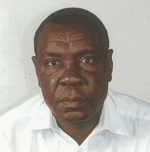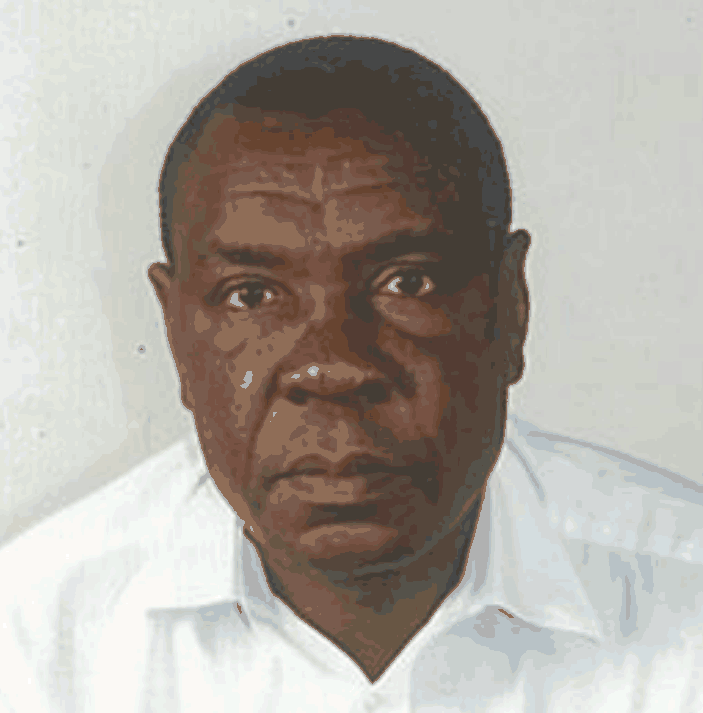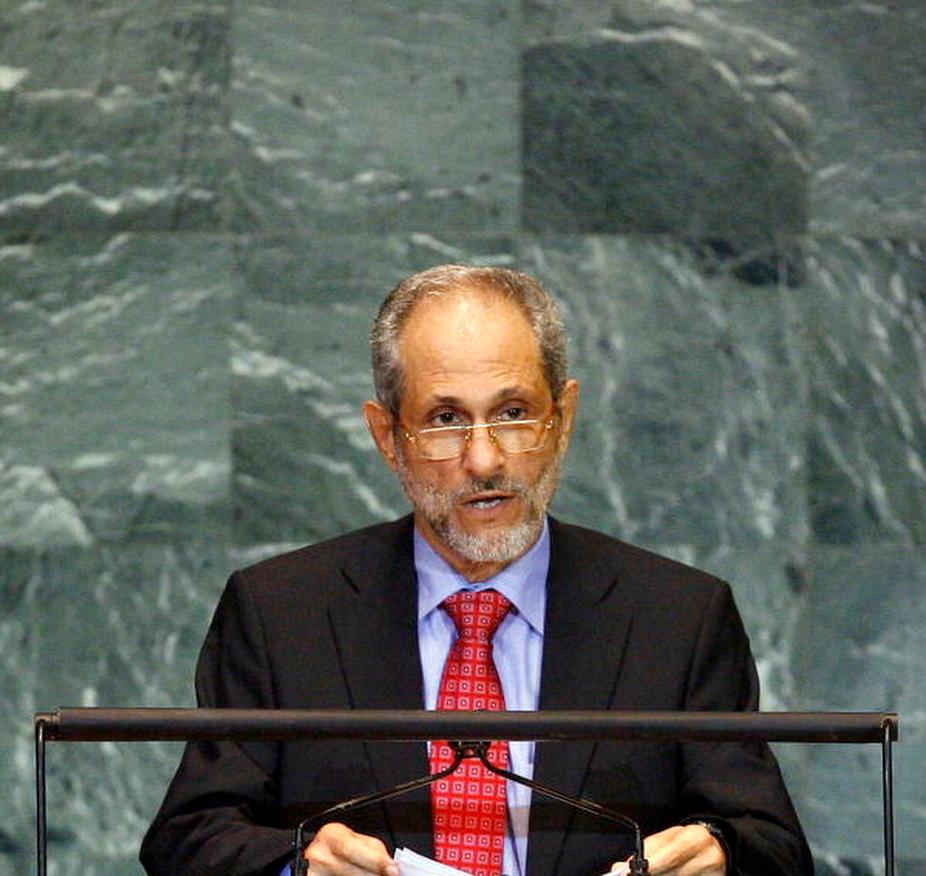Zambia: Kabimba dismissal bolsters Sata, but President remains silent and unseen – By Arthur Simuchoba

In a shock move, the Zambian President Michael Sata last week dismissed one of his closest lieutenants and long-time confidante, the Justice Minister Wynter Kabimba (he had also been the General-Secretary of the governing Patriotic Front.) He was removed from both positions with immediate effect.
No reasons were assigned. The statement was brief and said only that his cabinet appointment had been “revoked” and that he had been relieved of his party position too. Since he was only a nominated member it also means that he has lost his seat in parliament.
Until it happened, few would have believed it possible that Mr. Sata would discard his long-time “fixer” so swiftly and thoroughly. The two men were close and historically it has been more usual for the president to spring to his defence.
His dismissal is widely believed to be the fallout from behind the scenes jockeying for succession in the light of Mr. Sata’s failing health. His pediatrician wife Christine Kaseba recently had to refute recent media reports that the president had gone into a coma.
Officially, the president is “fit and working.” In practice, he remains out of site and quiet, ensconced in State House. His condition or progress is a taboo subject and the facts are a closely guarded secret. Denial seems to be the official policy. But the last pictures of him showed a man much diminished by illness and one unlikely to make a complete recovery any time soon.
Kabimba was suspected to be the leader of one of two shadowy factions jockeying for vantage in a race for the succession. The original charge was that he was scheming to be the PF presidential candidate in the 2016 elections. He was openly accused of that after he reacted negatively to a campaign that was led by the former Defence Minister Geoffrey Mwamba in 2013 for the PF to immediately adopt Mr. Sata as its “sole” candidate in the 2016 general election.
But Kabimba and many in the PF considered the campaign to be premature and said that he would discipline those involved if they did not stop. Mwamba was defiant and the campaign rapidly transmuted into an attempt to remove Kabimba as General-Secretary on the grounds of disloyalty.
The campaign became sustained and vehement, threatening to tear the PF apart. Members of the party youth wing for instance paraded in the Lusaka central business district carrying a coffin with the inscription “Wynter Kabimba RIP.” It seemed only a matter of time before he would be shown the exit. His most robust defender thus far, the president, maintained a studied distance and silence.
He barely survived. But survive he did.
His recent dismissal, however, comes amidst a growing debate over the payment of US$600 million in VAT refunds to mining companies based in Zambia. The Zambia Revenue Authority (ZRA) had withheld the refunds because the mining companies could not furnish documentation on the final buyer of Zambian copper. The regulation requires that all exporters (not just the mines) submit documentation on final disposal before the refund can be made.
The mining companies said the regulation was “impossible” as they sold even to international trading companies and were therefore unable to know where the copper finally ended up, much less provide documentation.
Finance Minister Alexander Chikwanda agreed with them and insisted on the refund, directing the ZRA to negotiate terms. He also wrote to the president pointing out that for as long as the VAT regulation demanded “specific performance” of entities outside Zambian jurisdiction, it may be futile.
The letter was leaked to the press to expose the minister’s supposed machinations and a media campaign of vilification was started against him. One newspaper ran a number of stories critical of the refund on the premise that it was too generous to companies that had elaborate tax avoidance schemes. He was accused of being “soft” on the mines because of an alleged conflict of interests on his part.
He has sued but also responded putting down the “insidious slander campaign” against him to some ministers with the “evil political agenda of taking over from President Michael Sata before he can complete his first term.”
He accused sections of the media of perpetuating crusades “at the behest of political allies whose mission may have crash-landed” and called on those aspiring for the presidency to do so in “a civilized manner and within the confines of morality.”
But he also insisted that his letter to the president was classified and police had to investigate how it was leaked to the media. A day after police said they were listening, Kabimba was thrown out. It is not thought that he necessarily leaked the letter but its leaking was part of a scheme to smear possible competitors and bolster his own chances.
Kabimba had been the quintessential insider – the president’s man through and through since the two worked at the Lusaka City Council in the 1980s with Sata as Governor of Lusaka and Kabimba as legal counsel. They had remained “˜tight’ until now. It was Sata who appointed Kabimba to be PF General-Secretary. It was his influence that ensured that he retained the position at the party convention in 2011.
He was not a candidate for parliament in 2011. Still, the president nominated and named him Justice Minister. He appointed him chairman of the Zambia Telecommunication Company (ZAMTEL) after government re-nationalized it.
It was Kabimba who moved the controversial motion in parliament to strip former president Rupiah Banda of his constitutional immunity against prosecution leading to his being charged. It was also he who instructed the constitutional commission not to publish the draft and to print only ten copies of it. Until his dismissal it was he who had the task of ensuring that the constitution remained in deep freeze.
He made few friends and his dismissal was widely celebrated. There were renewed expressions of support for the “unseen” president. In Lusaka youth wingers re-enacted their funeral procession with his “coffin.”
The general thrust was that his departure would re-unify the party and end the friction. But whether that will happen or the jockeying will get worse as the president shows no sign of recovery remains an open question.
Arthur Simuchoba is a Zambian journalist. This article was commissioned via the African Journalism Fund.







It has raised President Sata’s rating and will bolstered even more if he moves further to dismantle the entire cartel shocking Zambians.